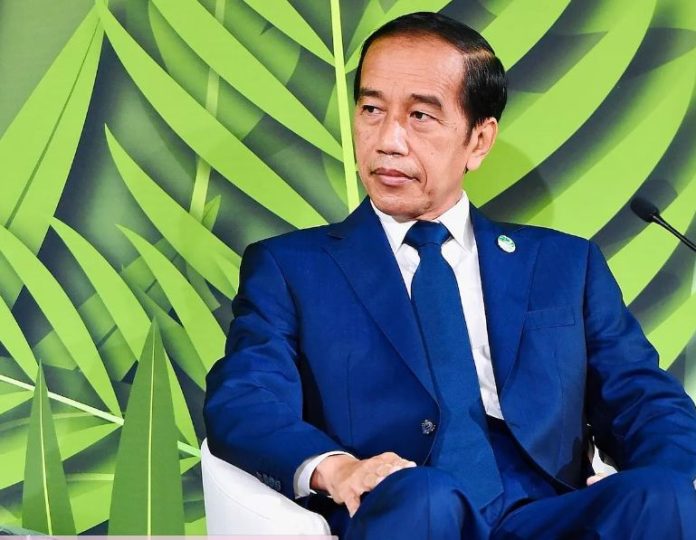Indonesia would be first new Asian member since 1996 and help shed OECD’s image as an exclusive developed world club
JAKARTA: Many raised eyebrows when the Indonesian Coordinating Minister for Economic Affairs Airlangga Hartarto announced that Indonesia had formally expressed an interest to join the OECD.
The move seemed surprising given that the OECD is reputed to be a “developed countries’ club” and Indonesia’s GDP per capita in 2022 was only US$4,788 compared with the OECD average of $43,261.
But the OECD has been recently opening up to emerging economies. In 2023, the OECD has 38 member countries, after accepting eight new member countries since 2010. These are Chile, Estonia, Israel and Slovenia in 2010, Latvia in 2016, Lithuania in 2018, Colombia in 2020 and Costa Rica in 2021.
The last time the OECD admitted a new member from Asia was when South Korea joined in 1996. This means that the OECD only has two members (the other being Japan) from the world’s most economically dynamic region.
The OECD prides itself on being “a global policy forum that promotes policies to preserve individual liberty and improve the economic and social well-being of people around the world.” The inclusion of Indonesian perspectives can only enrich it.
Since the 1997 Asian financial crisis, Indonesia has established itself as an impressive emerging democracy. It is ranked 54th out of 167 countries surveyed by the Economist Intelligence Unit in its Democracy Index 2022.

















